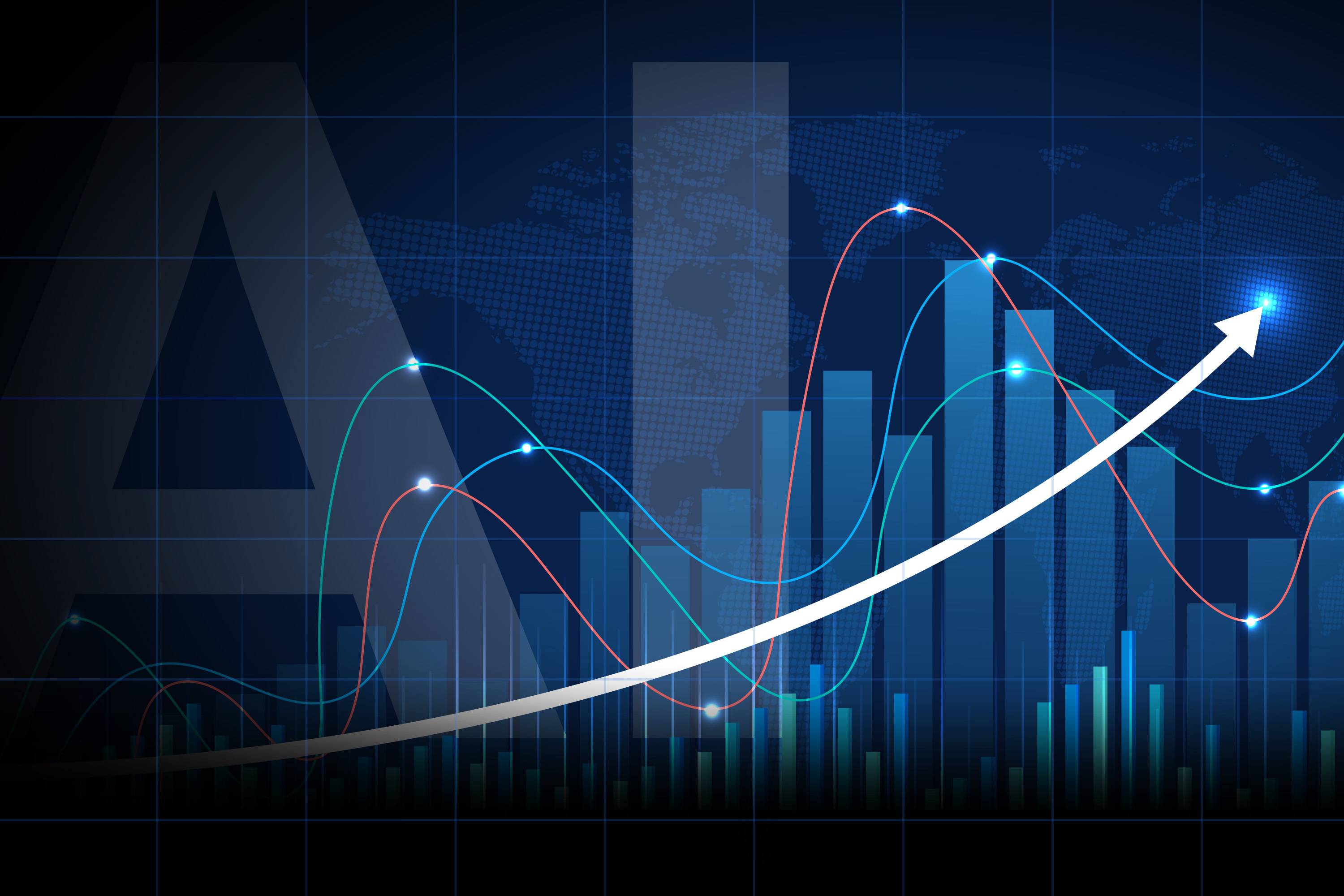The AI Economy: How Artificial Intelligence is Reshaping Global Business Models

Artificial Intelligence (AI) is no longer just a futuristic concept—it is transforming how businesses operate across the globe. From finance to healthcare, logistics to creative industries, AI is redefining productivity, innovation, and even the meaning of work itself. The AI economy is here, and it is growing faster than regulators, companies, and even societies can keep up.
AI as a Driver of Efficiency and Profit
One of AI’s biggest impacts is automation. Tasks that once required human labor—data analysis, customer service, financial forecasting—are increasingly handled by intelligent systems. In manufacturing, AI-powered robotics streamline production; in finance, algorithms make split-second investment decisions; in retail, personalized AI recommendations boost sales. This shift is driving huge cost savings and revenue growth for companies that embrace it early.
The Changing Labor Market
But with efficiency comes disruption. Millions of jobs—especially repetitive or routine tasks—are at risk of being replaced by AI. At the same time, new roles are emerging in AI development, ethics, cybersecurity, and data science. The global labor market faces a major transition: workers must reskill or risk being left behind. Education systems and governments worldwide are under pressure to prepare populations for this AI-driven economy.
AI and Global Inequality
AI could widen the gap between countries. Wealthy nations and corporations with the resources to invest in AI infrastructure will gain significant advantages, while developing economies risk falling further behind. However, some countries are leveraging AI in unique ways: Kenya and Nigeria are using AI in agriculture to improve yields, while India is applying AI to healthcare access in rural areas. If harnessed inclusively, AI could become a tool for reducing inequality rather than deepening it.
Ethics, Regulation, and the Future of Trust
AI’s growth raises tough questions. Who owns the data fueling AI systems? How do we prevent bias in algorithms? What happens when AI-generated misinformation spreads faster than truth? Regulators across Europe, the U.S., and Asia are grappling with these issues, but laws lag behind technological advances. Businesses must not only innovate with AI but also ensure transparency, fairness, and accountability to build trust with users.
The Next Wave of Business Models
Beyond efficiency, AI is creating entirely new industries. Generative AI tools are reshaping content creation, design, and marketing. Autonomous vehicles are poised to disrupt logistics and transport. AI-driven biotech could revolutionize medicine and drug discovery. In this evolving landscape, the winners will be those companies that integrate AI responsibly, blending innovation with human oversight.
Bottom line: The AI economy is not just a technological revolution—it’s a structural transformation of global business. It will reward companies that can adapt quickly, nations that can invest wisely, and societies that can ensure inclusive growth. For businesses, the challenge is clear: embrace AI, but do so responsibly, or risk being left behind in the world’s next great economic shift.